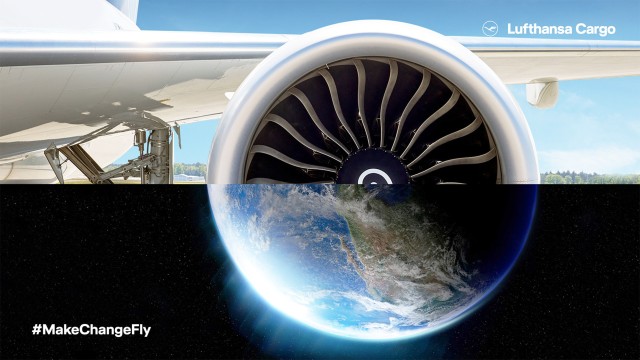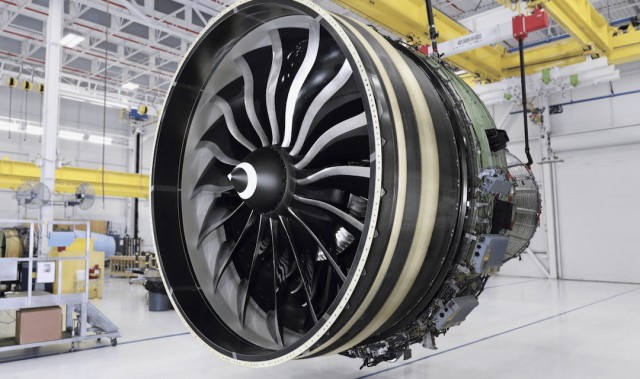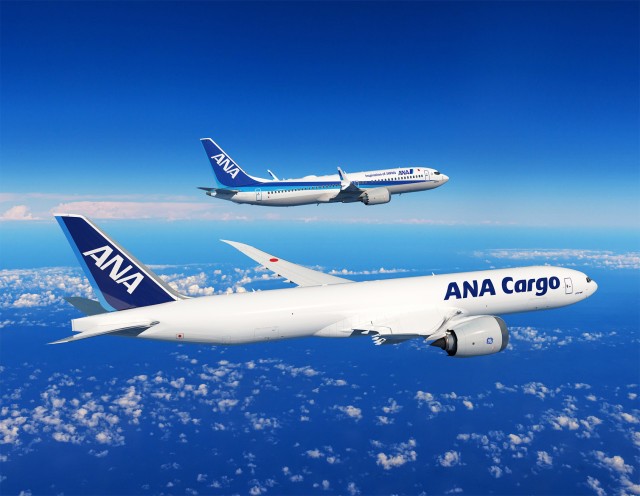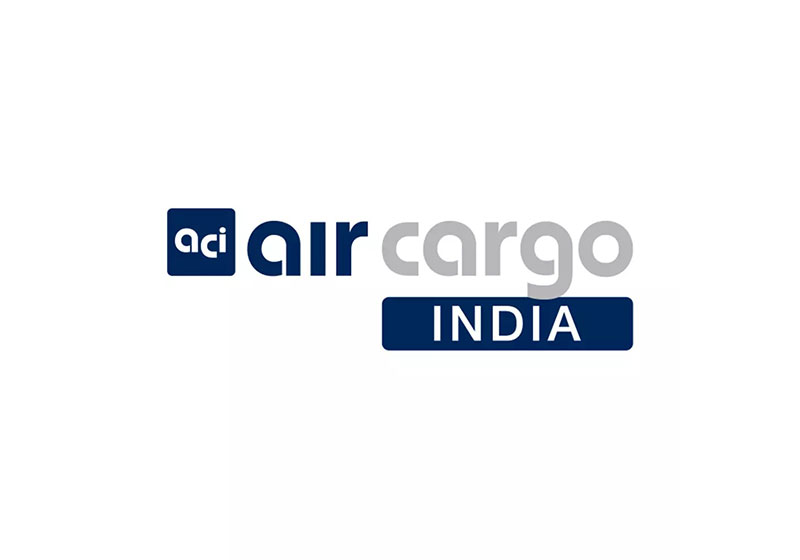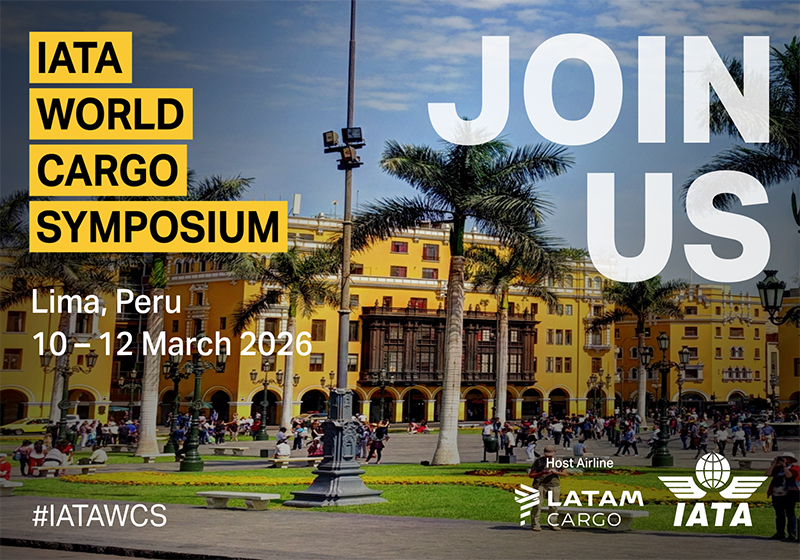With the goal of achieving CO₂-neutrality by 2050, Lufthansa Cargo is on track to lead the aviation and cargo industry into a more sustainable future. To this end, as part of the Lufthansa Group, it relies on a measurable corporate commitment to sustainability on the basis of science-based targets for the reduction targets of greenhouse gas emissions. At the Sustainability Conference at Frankfurt Airport today, Lufthansa Cargo also presented its Sustainability Update 2022, which provides an overview of measures and projects already implemented on the way to CO₂ neutrality.
The Lufthansa Group - and thus also Lufthansa Cargo - have set themselves ambitious climate protection targets: The goal is to halve net CO₂ emissions by 2030 compared to 2019 and to achieve a neutral CO₂ balance by 2050. In order to further specify these net targets and to expand the target system to include pure reduction targets, it has already joined the so-called "Science Based Target Initiative" (SBTi) in 2021 in order to bring its CO₂ reduction path into line with the United Nations' Paris Climate Agreement. Based on scientific calculations, CO₂ emissions are continuously reduced with the help of fleet renewal and optimization, improved operational efficiency, and the use of sustainable aviation fuels. The official validation of these targets is imminent. For freighters, there will be a special sub-target.
Dorothea von Boxberg, Chairperson of the Executive Board and CEO of Lufthansa Cargo: "Over the past 25 years, we have already been able to reduce our CO₂ footprint per ton kilometer by 52%. But that is still not enough. That is why we want to set ourselves ambitious targets for the future. With the 'Science Based Targets Initiative' we have found a credible, scientific basis for this. We want to be transparent about what we have achieved so far and just as open with our customers, partners and the public about how we can get even better."

